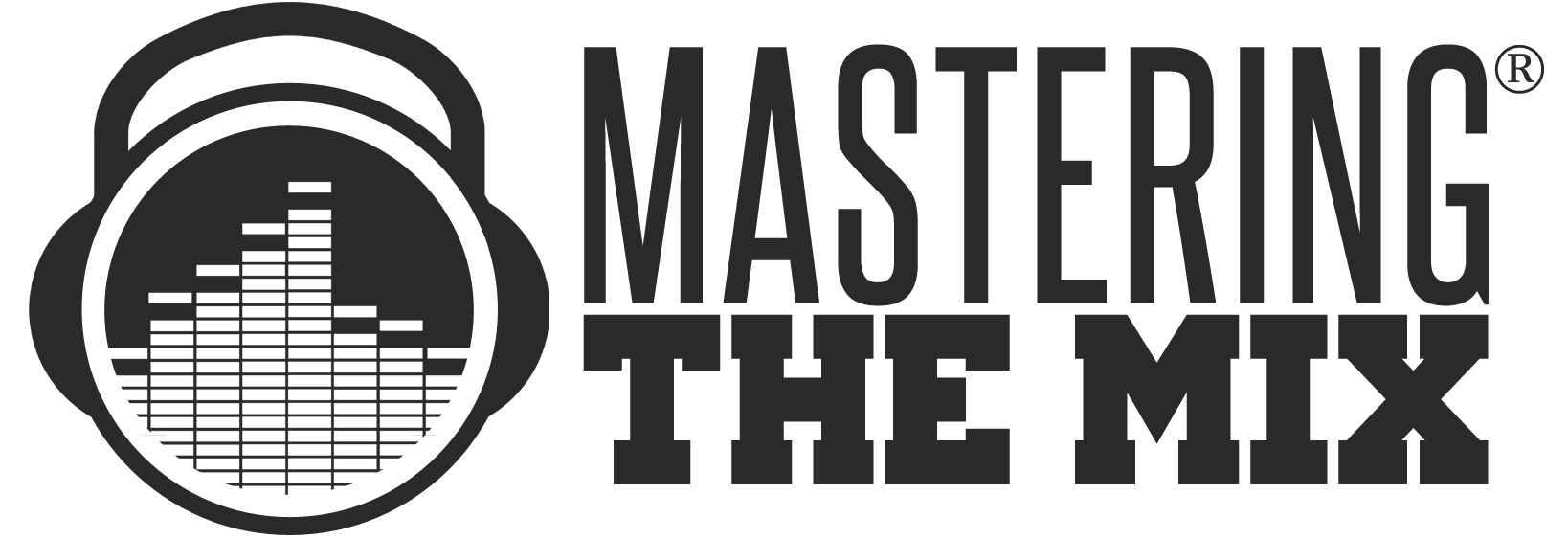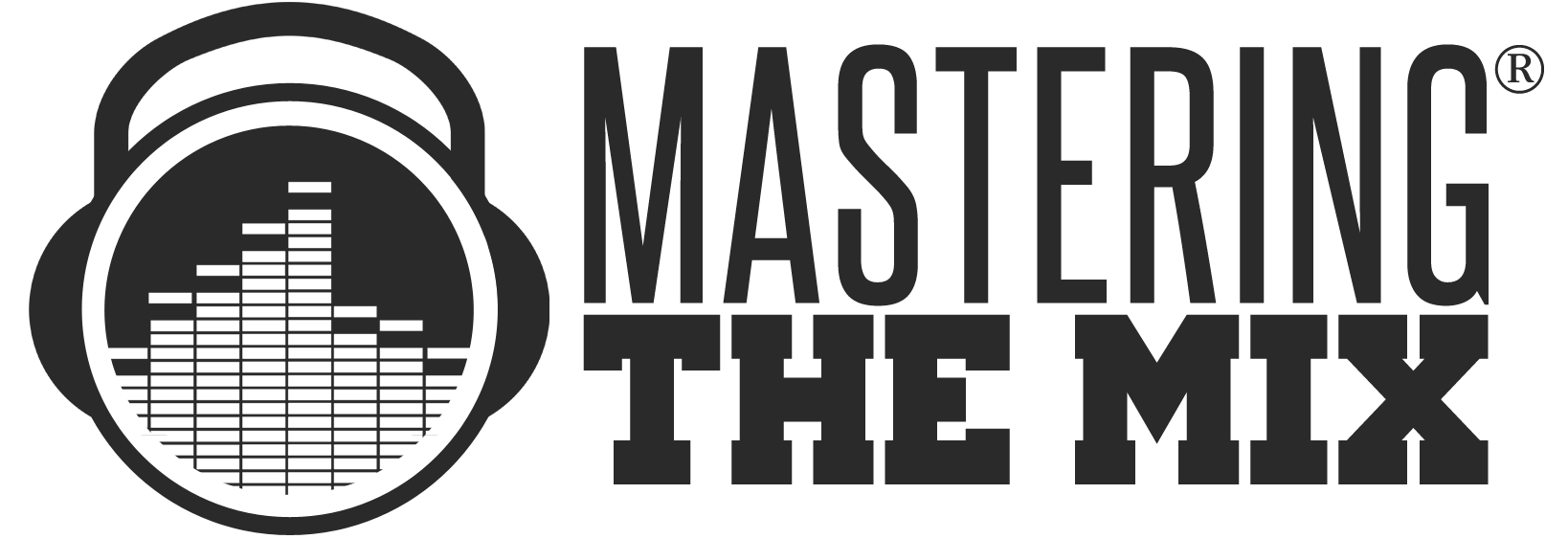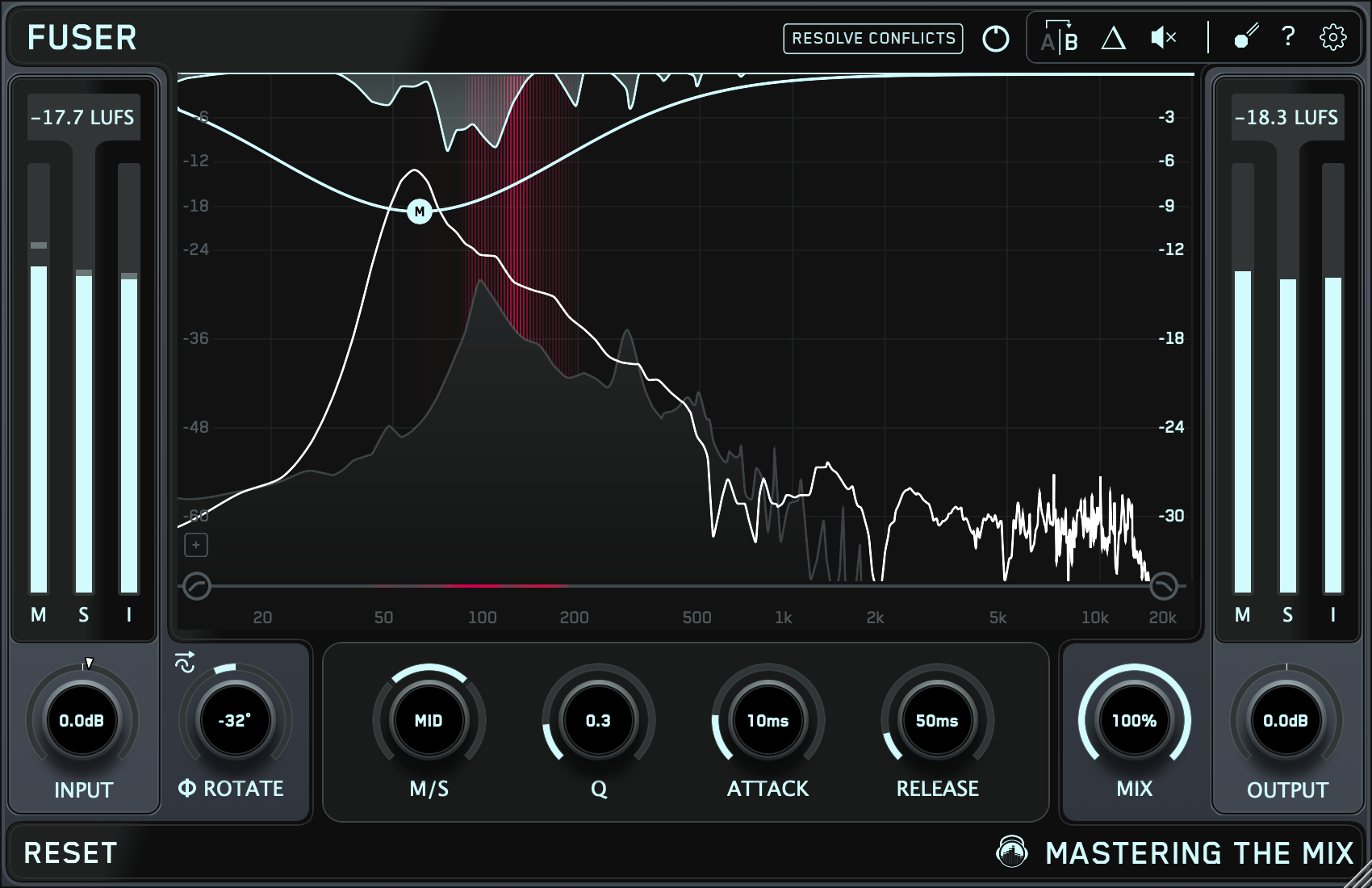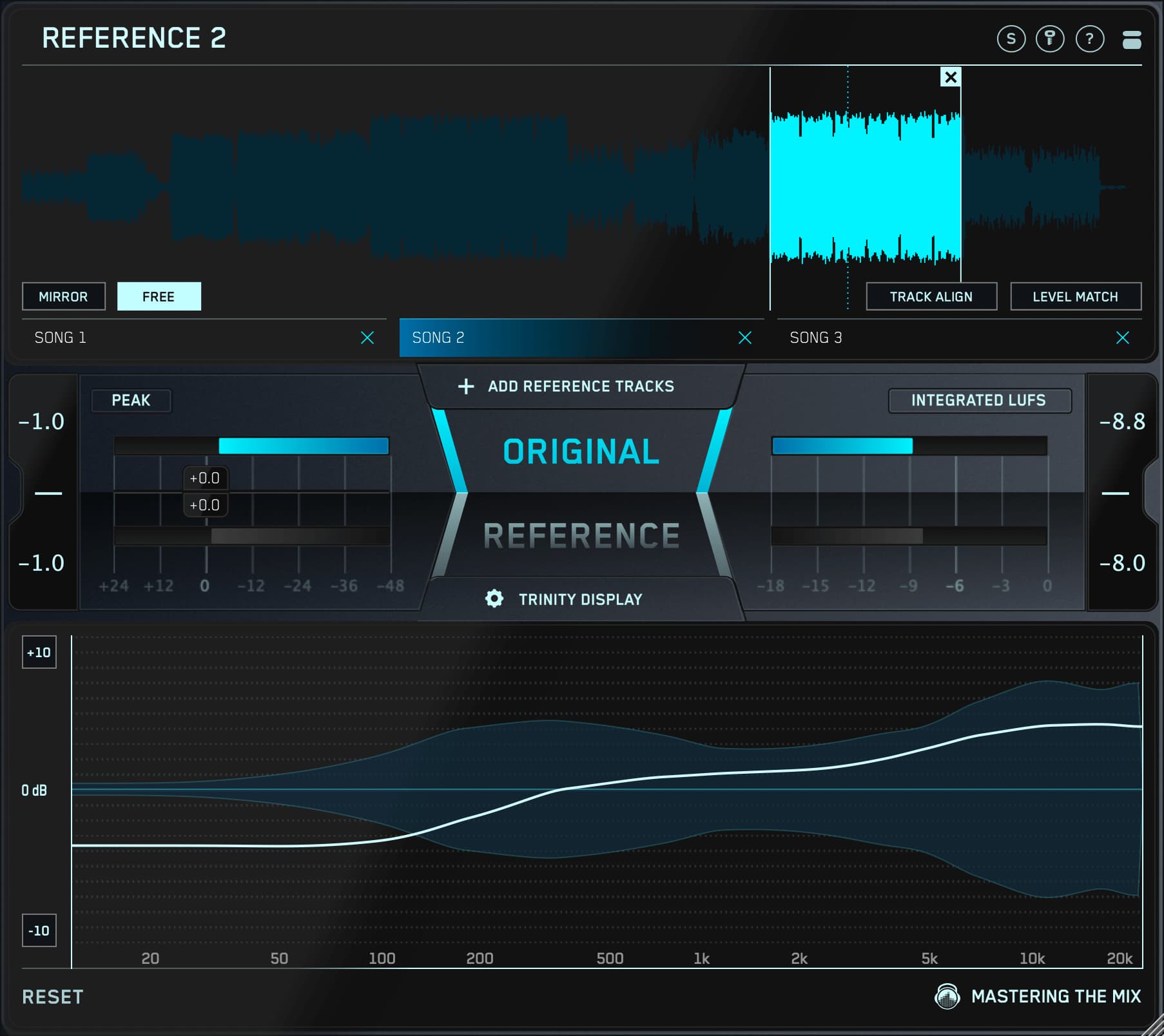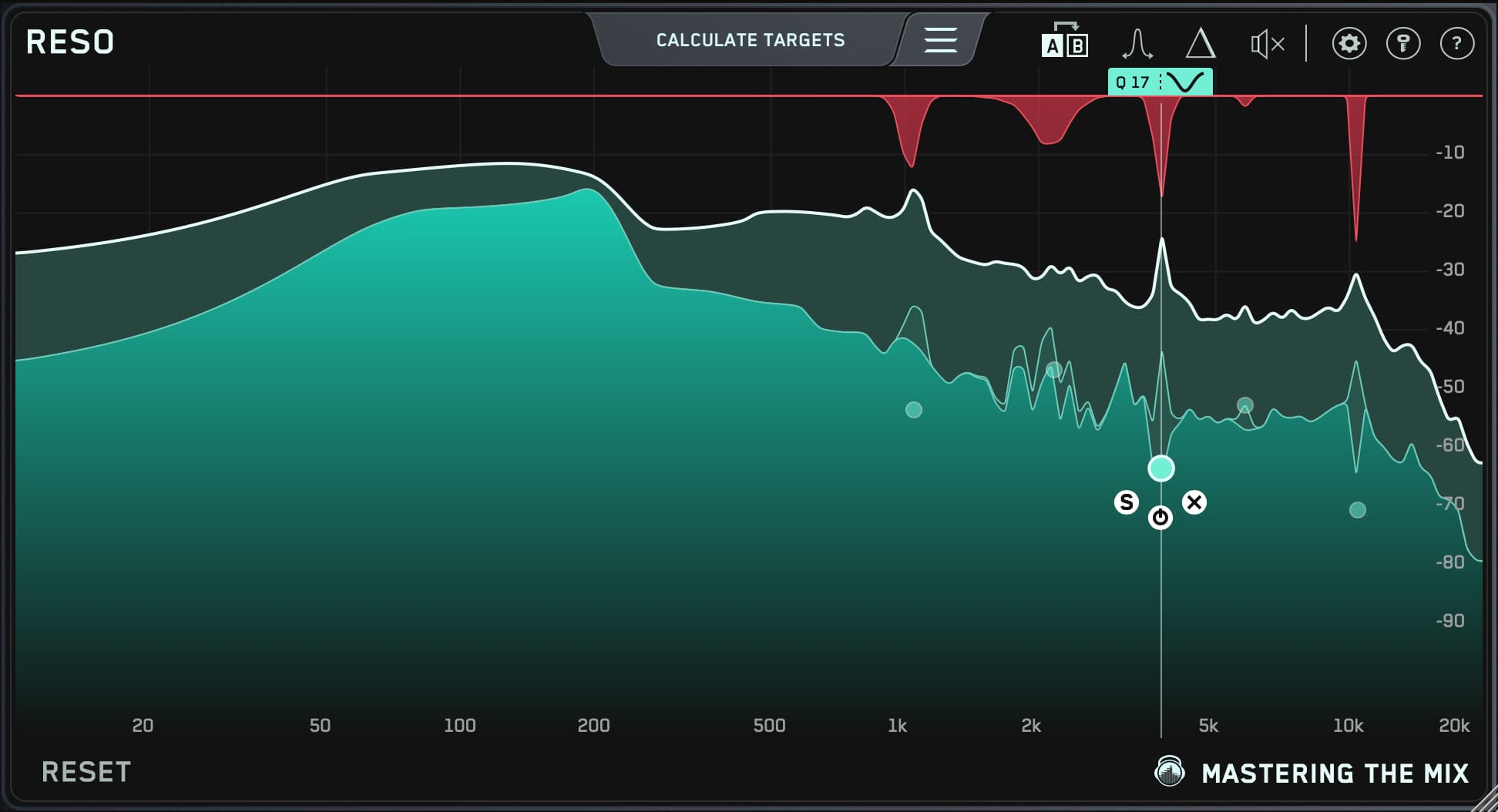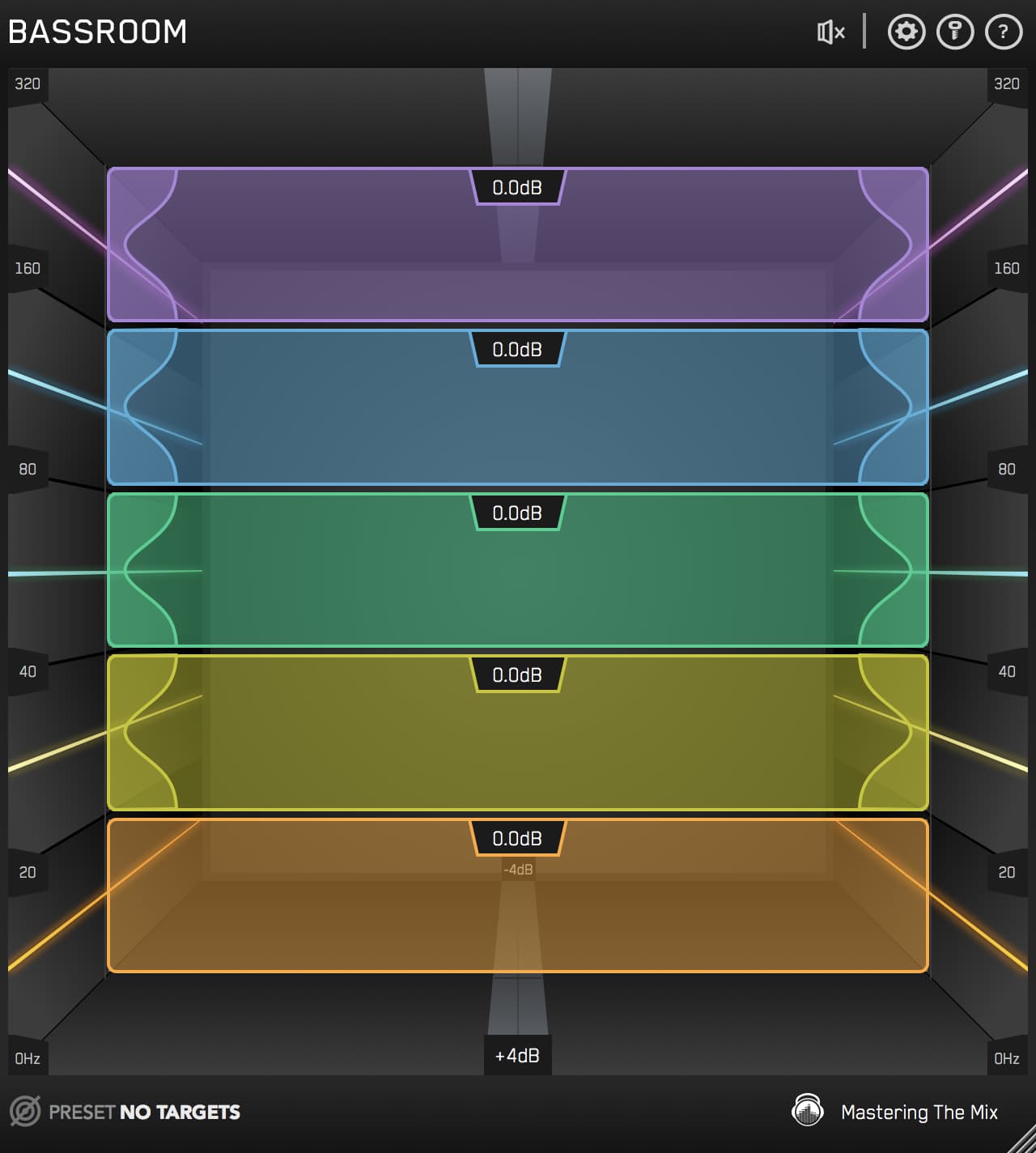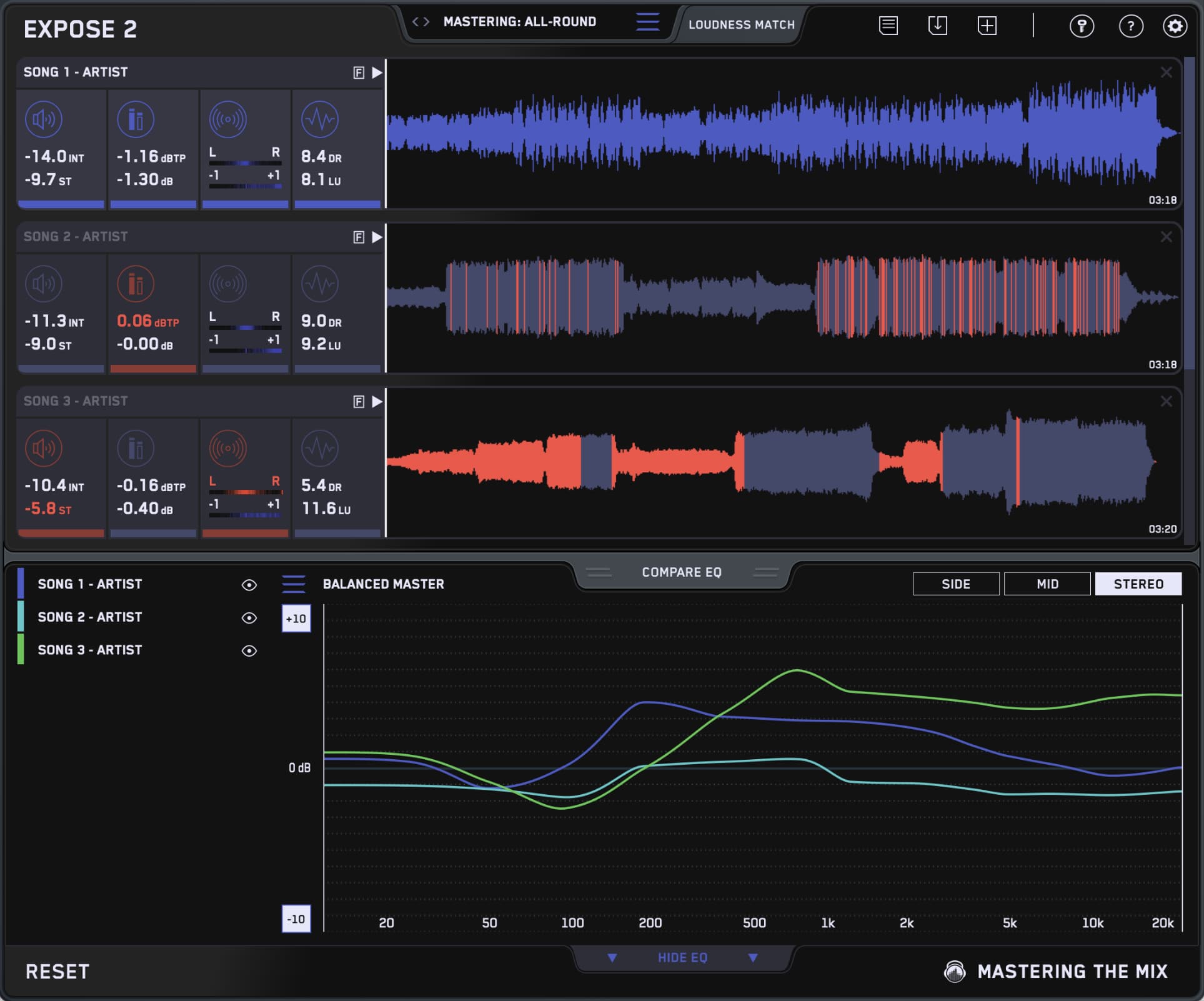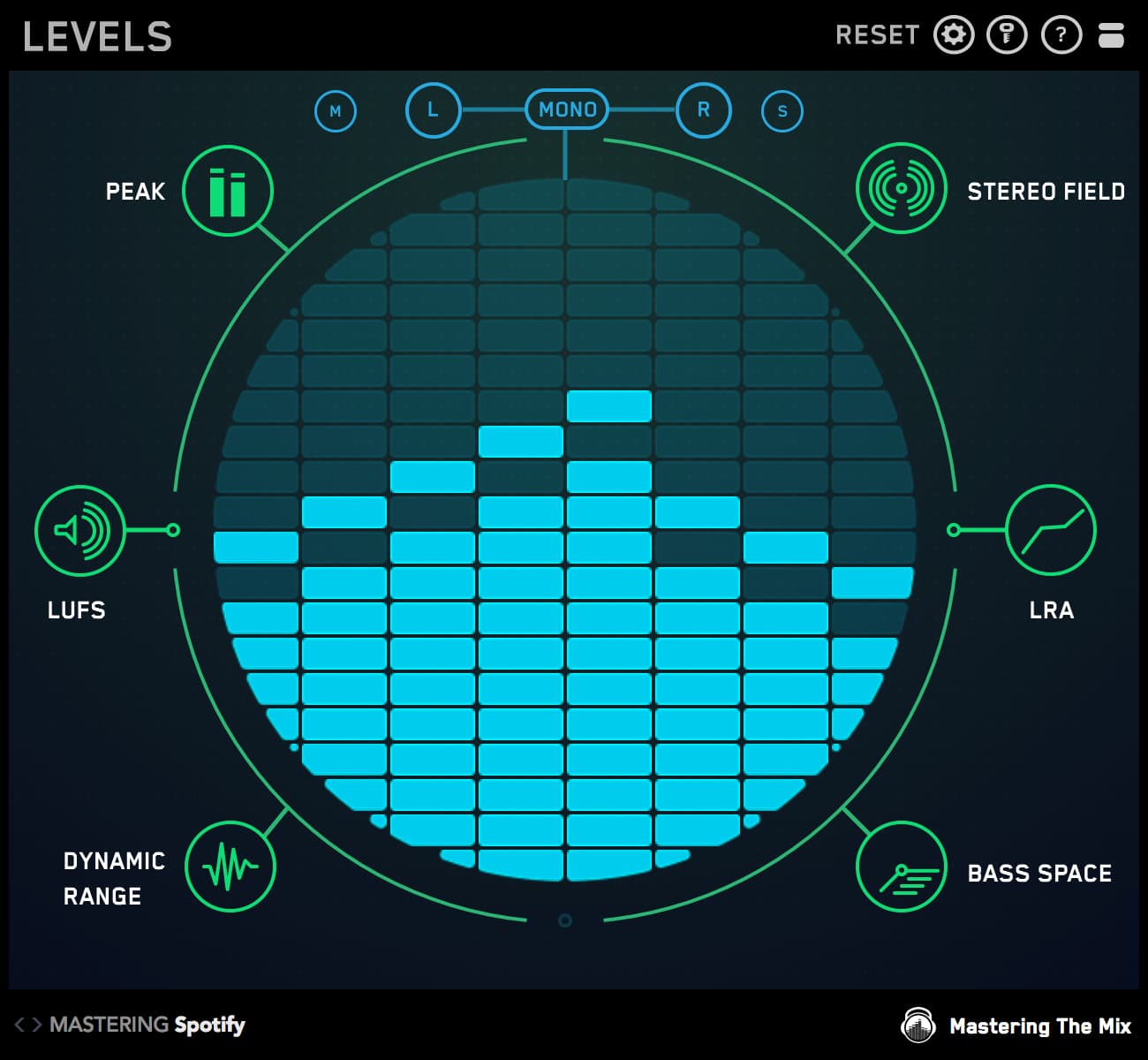Over the last few years, ghost-producing has become a popular method of collaborating and creating chart-topping hits. However, with so many producers trying to break into the industry, it can be difficult to stand out from the crowd. In this article, we'll explain what a ghost producer does, the benefits of working with a ghost producer, and some tips to help you start ghost producing for others.

What Is A Ghost Producer?
A ghost producer or ghostwriter is someone who creates tracks for other artists and is typically not credited for their contributions. Unlike traditional production agreements, where co-writers are credited as songwriters and receive a cut of the royalties, ghostwriters agree to remain uncredited (in exchange for a larger one-time payout) and the artist releases the track as their own. In some cases, ghostwriters are able to negotiate a percentage of royalties, but this is rare.
It's important to note that ghostwriting isn't just limited to lyrics. Ghostwriting comes in many forms. It could be as simple as writing or performing a single melody without credit, or as involved as producing an entire arrangement for someone. Ghostwriters typically focus on writing songs and contributing lyrics, while ghost producers often create fully-formed beats and sell them to other artists.
At this point, you're probably wondering exactly how much a ghostwriter earns. Unfortunately, this can be difficult to pin down, especially considering how secretive the whole process can be sometimes. According to Forbes, ghostwriters are typically paid anywhere between $10,000 and $20,000 per project, although major-label deals can often net higher payouts.
Earning a living as a ghostwriter can be tricky, as the lines are often blurred between what qualifies as a big enough contribution to be given co-writer or ghostwriter status. If a writer sits in on a session and throws out some suggestions that the artist ends up using, the artist may or may not offer any payment. Sometimes, artists even release songs with input from ghostwriters without ever telling them, making it difficult to ask for compensation.

How Common Is Ghost Writing?
Ghostwriting has been an integral part of the music business for hundreds of years. As early as the 1700s, renowned composers such as Mozart were hired by royalty and other wealthy patrons to pen original songs. It's not just limited to the music scene, either. In the 1930s and 40s, Charlie Chaplin hired David Raksin to compose music for his films, although Chaplain was listed as the composer in the credits.
Today, ghost-producing has become so common—especially for artists on major labels—that practically every chart-topping record has been touched by a ghostwriter at some point. And it happens in every genre. For instance, "Hound Dog" by Elvis Presley was written by Jerry Leiber and Mike Stoller, and originally performed by Big Mama Thornton. Nas famously ghostwrote on Will Smith's breakout hit, "Getting’ Jiggy Wit’ It." Even Queen Bey uses ghostwriters—check out the original version of "If I Were a Boy" by BC Jean.
In fact, according to a study by Billboard, almost every major hit was written by two or more songwriters. And so far, in the 2020s, there has yet to be a single #1 hit written by a solo songwriter. When writing songs for the masses, you have to write something that everyone can enjoy, which is why it's important to work with a diverse group of songwriters.

What Are the Benefits of Using a Ghost Producer?
Artists hire ghostwriters and producers for a number of reasons, but the most common is that two heads are simply better than one. Most of your favorite songs were likely written by a team of professionals. It's rare for a single person to write a perfectly crafted song that shoots to the top of the charts (unless you're Stevie Nicks).
Aside from extra brainpower, many artists choose to work with ghost producers because they're focused on mastering one part of their craft. It's hard to juggle writing music, performing, writing lyrics, singing or rapping, and all of the other hats you're required to wear as an artist. Additionally, some artists choose to work with ghost producers to help create music outside of their realm of expertise.
For instance, maybe you're a wizard with your MPC and a DAW, but you're working on a song that needs an acoustic guitar and you don't know how to play or anything about music theory. Working with a ghost producer is a great way to capture the sound you're looking for without compromising on your vision or even splitting songwriting credits.
Perhaps the best reason to work with a ghostwriter is to keep up with the competition. When Alex King, a well-known ghostwriter, was interviewed by Vice in 2015, he said ghostwriting is the future, and you either need to get on board or get out of the way: "The only thing that matters is that ghostwriting is the future of hip-hop because either you get a skilled team of writers behind you, or you get run over by another MC who does.”

How to Become a Ghost Producer
Starting a career as a ghostwriter can be challenging—especially since you don't have any credits to back up your claims. There are really only two options when promoting your work: let the music speak for itself, or ask some of your previous clients to vouch for you. The latter can be a little tricky since some artists are afraid that admitting they work with a ghostwriter could hurt their credibility.
That's why many ghostwriters and producers get their start by posting and selling tracks online. One option is to upload tracks to public sites such as YouTube and Soundcloud. Artists who are looking for beats or instrumentals can browse your library and purchase or lease individual tracks via DM.
When selling a track, the producer sells the full copyrights to the artist and is not credited on the official release. When leasing a track, the producer allows an artist to use the track for a small fee. However, the producer still owns the copyright for the original track, meaning they're still free to lease the track to other artists as well. Additionally, artists have limited rights when leasing beats, which can make it difficult to release music through official channels or collect royalties.
Unfortunately, it can be difficult to attract enough buyers to your personal pages to make this approach worth your while. That's why many ghostwriters and producers choose to sell their tracks on marketplaces like Airbit and BeatStars. However, it's important to note that these sites typically charge a monthly subscription fee, take a commission, or both.
Finally, after carving out a name for yourself using the other methods, you may be able to find work as a ghostwriter or producer for an agency. Oftentimes, filmmakers, video game designers, audio software manufacturers and even record labels hire ghostwriting agencies to create music. Ever wonder where all those stock loops from in your DAW? That could be your job!
Regardless of which approach you take, networking is key. It's crucial that you network with plenty of artists, agents and other ghostwriters or producers. Perhaps more than any other role in the music industry, networking is an integral part of becoming a successful ghostwriter or producer. That, and your skills, so be sure to practice your craft every day and build up a massive library of tracks to sell.

Tips for Selling Tracks As A Ghost Writer Or Producer
Finding your sound as a ghostwriter or producer can be tricky. You need to be unique and original enough to stand out from the crowd, but also appealing enough to the masses that your tracks are "commercially viable." Here are a couple of tips for balancing these two styles.
First, study popular trends in music to find out what people like. Listen to the top tracks both in your genre and the overall Top 40. Try to identify sounds and trends that resonate with you and incorporate those into your music.
Here's where it gets tricky. It's important to make sure your tracks feel fresh yet familiar. You need to capture the essence or vibe of those popular songs while offering something unique. Try to avoid using cookie-cutter sample packs or loops to help your tracks stand out.
It's also worth spending some time learning how to emulate other artists. Oftentimes, labels and artists will ask for tracks that sound similar to other artists. For instance, there's a big difference between a Drake-type beat and an old-school Dr. Dre-style beat. Research what makes other artists stand out from the crowd, and how to emulate those sounds when needed.

Once your tracks are complete, it's important to make sure your mixes sound competitive. Use REFERENCE to compare your tracks to other popular mixes to make sure you're in the same ballpark. Just drag and drop your favorite tracks into the Wave Transport and press play—the Trinity Display will provide detailed information on how to make your mix sound more like your reference tracks.
BASSROOM is great for dialing in your low-end. Depending on the type of track you're making, you'll need to boost and cut different bass frequencies. BASSROOM analyses your tracks and shows you the best EQ settings to get a powerful bottom end.
MIXROOM is a mastering-grade EQ plug-in that helps bring out the detail and clarity in your mix. MIXROOM uses intelligent filters optimized for the mid-range and high-end to give you an ultra-clean sound.
ANIMATE is another powerful tool that helps you inject life into your mixes with four versatile effects, including transparent upward expansion, punchy transient enhancement, dynamic harmonic distortion and massive stereo widening.
Finally, before you print your mix, it's important to check for technical errors. Use LEVELS or EXPOSE 2 to make sure there are no issues with any of your tracks before bouncing.

Now that you're familiar with ghostwriting, follow these tips to help take your productions to the next level.
